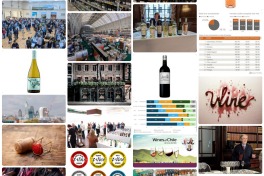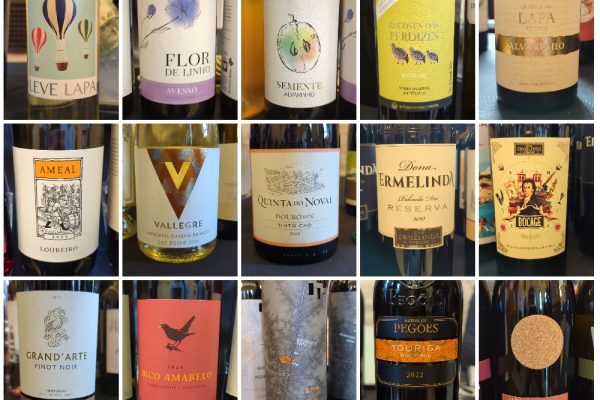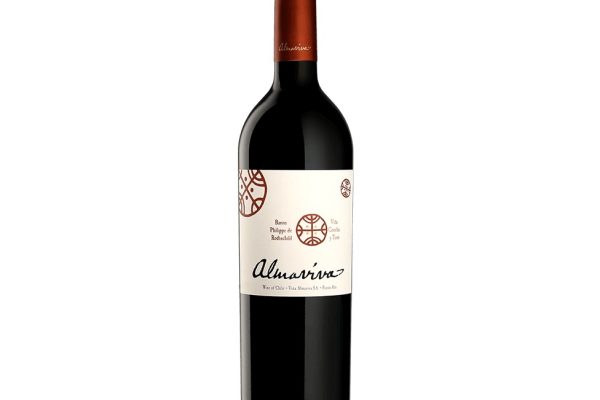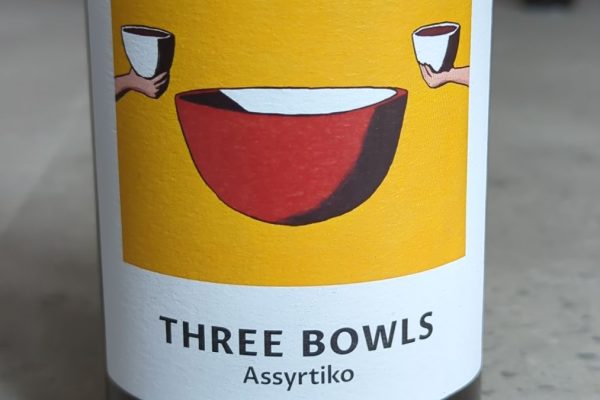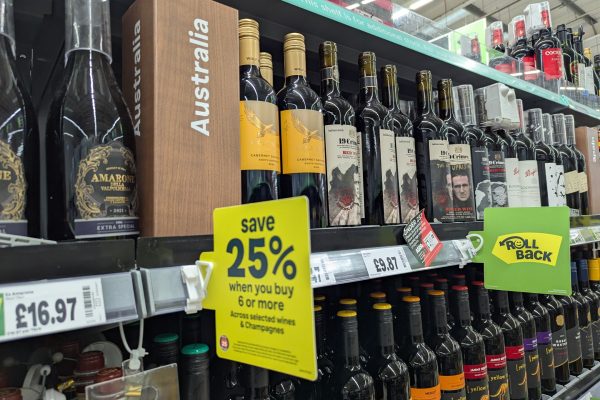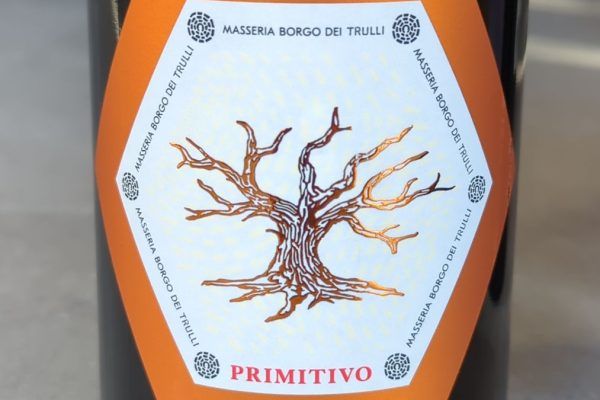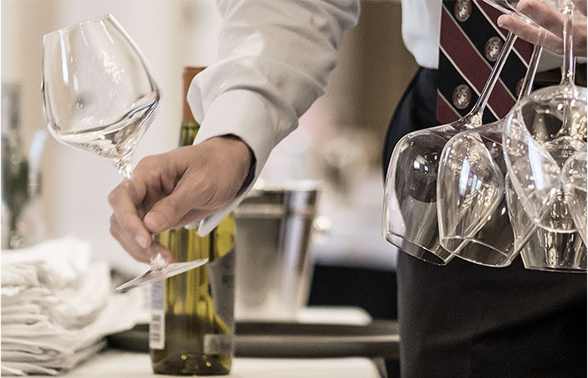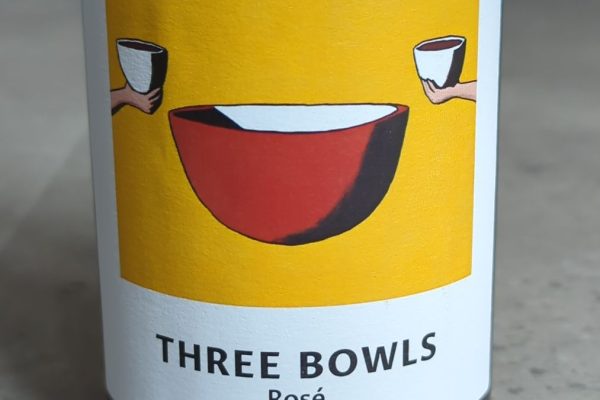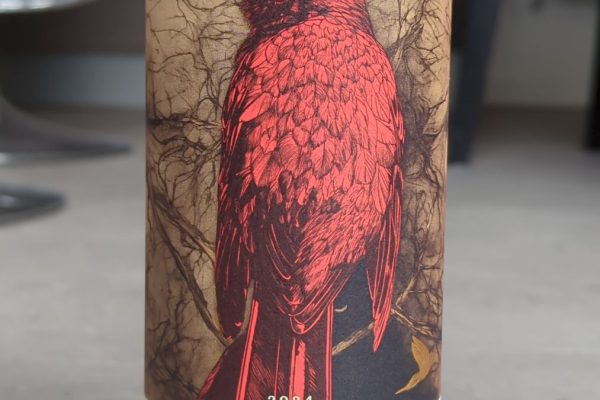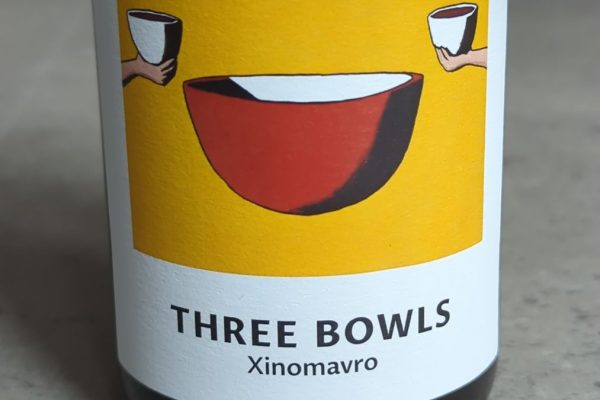Fairtrade
-
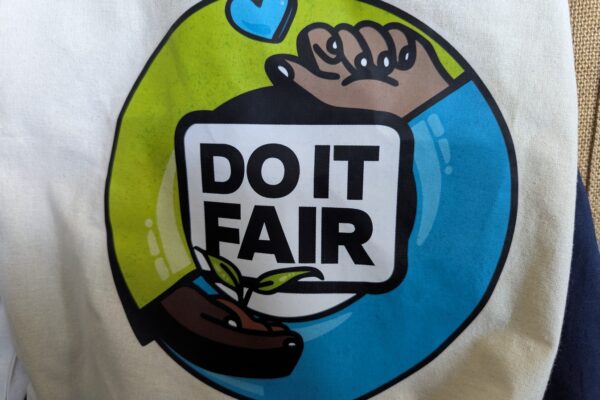
Understanding Fairtrade Wine
Fairtrade wine carries the FAIRTRADE Mark licensed by the Fairtrade Foundation in the the UK, an arm of Fairtrade International. That mark tells you the grapes were grown and traded to Fairtrade Standards, with protections on price and workers’ rights and with an extra, ring-fenced community payment called the Fairtrade Premium. In wine this matters…
-
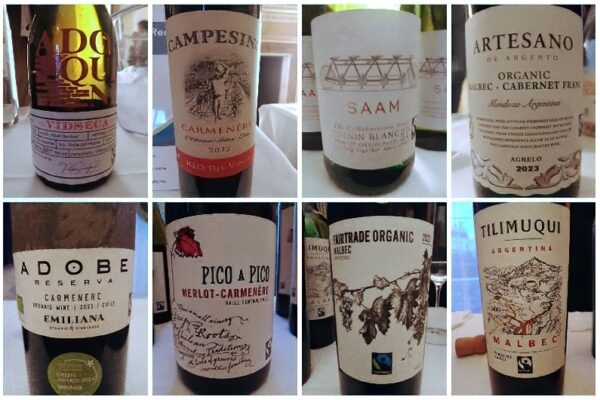
Fairtrade Talk and Tasting
I was recently invited to a roundtable and tasting event hosted by the Fairtrade Foundation to mark Fairtrade Fortnight. The event took place at the Argentinian Ambassador’s Residence in London and offered a fascinating opportunity to explore the real-world impact of Fairtrade wine on communities in Argentina, Chile and South Africa. Following the discussion, we…
-

Co-op Irresistible 30° Casablanca Valley Pinot Noir
I tasted this Pinot Noir as part of my awards25 series and it’s already made a strong impression, with a Gold at the IWC and a Bronze at the IWSC. It also previously won a Silver in the Pinot Noir Masters. The name 30° refers to its Chilean roots, highlighting the 30 degrees south latitude…
-

Co-op Spring & Summer Tasting
In late April 2025, I went to the Co-op press tasting in London. Co-op remains the most shopped-at retailer in the UK, with an average of 2.2 million shoppers visiting every day, resulting in around 800 million shopping visits per year. In 2024, they grew their market share in the convenience sector to 13.7%, supported…
-

Tesco Spring Summer Tasting 2025
In March 2025, I went to the Tesco Spring Summer Press Tasting in London, where a large line-up of 152 wines was showcased, including 19 new wines. One of the most notable developments was Tesco’s move towards greater sustainability in its wine packaging. Working in collaboration with the Sustainable Wine Roundtable (SWR) and various suppliers,…
-
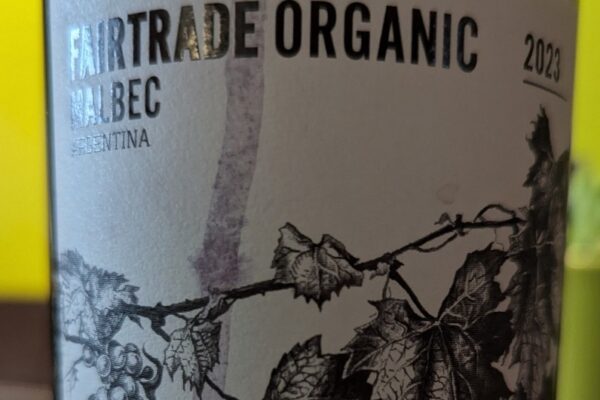
Fairtrade Organic Malbec
I first encountered the Fairtrade Organic Malbec during a wine tasting I hosted, but with the 2022 vintage. Its atypical profile made a strong impression on me and it became one of my picks for its nuanced character, which stood out against the typical Malbecs. The 2023 vintage, now at 12.5% ABV compared to the…
-
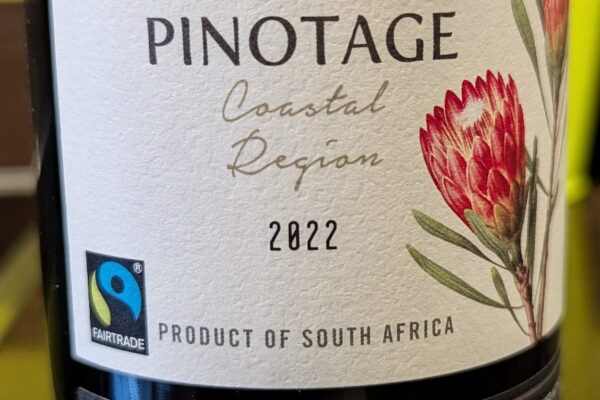
Deluxe Pinotage
Pinotage wine often flies under the radar, and this particular Deluxe Pinotage from Lidl is especially elusive as it isn’t listed on Lidl’s website. The Pinotage grape was first cultivated in 1925 through the crossbreeding of Pinot Noir and Cinsaut by Abraham Izak Perold, the inaugural Professor of Viticulture at Stellenbosch University. Known for its…
-
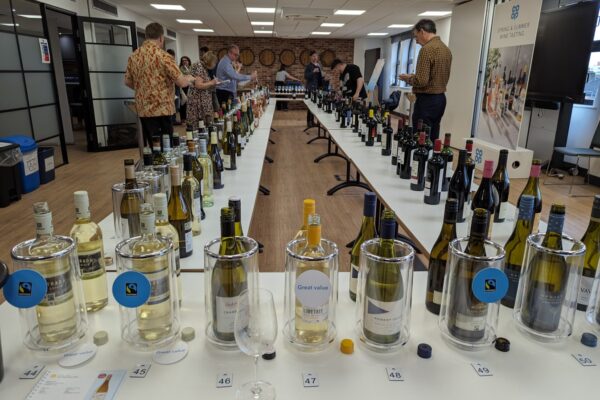
Co-op Spring & Summer Wine Tasting
The Co-op Spring & Summer Wine Tasting was held in May 2024, in London, showcasing 84 wines. With consumers becoming more price-conscious, the Co-op has seen a noticeable shift towards choosing own-label wines over branded ones. In response, Co-op has expanded its own-label wine ranges. There is also a strong demand for rosé wines, which,…
Did You Know?
For Crémant, grapes must be harvested by hand and the wines must undergo at least nine months’ ageing before release. More
In 2024, the UK was the second-largest export market for Champagne globally, after the United States. More
Local UK bottling of wine represents about 40% of imported wine. More
Around 1% of people, typically severe asthmatics, have a sulphite sensitivity. More
A large 80% of Australian wine arrives in the UK in bulk. More
Only about 0.02% of Australia’s landmass is dedicated to vineyards. More
In 2024, New Zealand produced only 1% of the World’s wine. More
In 2024, the US imported 37% of World production of Pinot Grigio and the UK was is in second place at 27%. More
In 2024, the UK was South Africa’s largest export market, with 40% of total exports. More
In 2024, the United Kingdom imported 22.3 million bottles of Champagne, a decline of 12.7% compared to the previous year. More
Larger Champagne producers source grapes from as many as 80 different vineyards throughout Champagne. More
Champagne houses and growers collectively produce around 300 million bottles annually. More
In 2025, the Champagne region was home to about 2,124 Champagne houses and approximately 19,000 growers. More
Provence is one of the leaders in the conversion to organic viticulture, with 61% of vineyards certified. More
8% of the South Africa’s grape production is Fairtrade-certified. More
Up to 80% of wine aroma compounds come from grape skins. More
Glycerol is the third-largest component of most dry wines after water and alcohol which is why they so often feel ‘smooth’ or ‘silky’ in the mouth. More
Humans are more than 400 times more sensitive to bitter than sweet. More
Humans can detect the earthy molecule geosmin at about 100 parts per trillion and camels are so sensitive to it they can locate damp ground from roughly 50 miles away. More
During the phylloxera crisis of the nineteenth century, 90% of Europe’s vineyards were destroyed. More
In 2025, for La Vieille Ferme, also known as “The Chicken Wine”, sales surged by 49.4% to £110.8 million. More
In 2025, in the UK, Yellow Tail held the top position with sales, marking a 9.8% increase over the previous year. More
In 2024, the UK was the second-largest wine importer in volume and value. More
In 2024, the UK was the fifth-largest wine-consuming country globally. More
In 2025, global wine consumption continued its downward trend, estimated at 214.2 million hectolitres, the lowest since 1961. More
In 2025, online alcohol sales had a 20% increase in value over five years. More
In 2025, the number of UK vineyards rose to 1,104 and wineries to 238, with land under vine expanding to 4,841 hectares, a 510% increase since 2005. More
Moët Hennessy alone commands nearly 46.66% of the Champagne market, with the top three producers together holding about 61%, and the top five controlling over 72%. More
In 2024, the Champagne market was worth roughly €3.92 billion. More
In the marketing year 2023/24, white wine accounted for roughly 55% of Spain’s output, whereas red and rosé together made up about 45%. More
In the UK, 92% of wine is consumed within 48hrs of purchase. More
The majority of wines, 95%, use commercial rather than wild yeast. More
Between 0.5 and 10 litres of water, per litre of wine, are needed for cleaning during winemaking. More
Machine harvesting can achieve up to 100 tons of fruit per day vs 1 ton for a human. More
In Germany, 2025 was the smallest wine vintage since 2010. More
The majority of vineyards, 90% in 2019, are farmed with heavy chemical interventions. Only 6% are organic. More
90% of low and coastal areas in south Europe and California will no longer be able to produce good wine by the end of the century. More
IMAGE WALL
Tools
Recent
Tags
25% Off Wine Aldi Amarone Argentina Articles Asda Australia Award Awards25 Bibendum Bizarre Blog Books Bordeaux Bulk Bottling Cabernet Sauvignon Carménère Cava Champagne Chardonnay Chenin Blanc Chile Climate Change Coop Costco Decanter Duty English Wine EPR Events Fairtrade Food France Furmint Germany Glossary Greece Health Hungary Italy IWSC Jeroboams Laithwaites Legislation Liberty Wines Lidl Low Alcohol M&S Majestic Malbec Merch Merlot Morrisons Natural News New Zealand Non-Alcoholic Ocado Old Vine Organic Past Tastings Pinotage Pinot Noir Port Portugal Primitivo Prosecco Regulations Reviews Ribera del Duero Riesling Rioja Ripasso Rose Sainsbury's Saperavi Sauvignon Blanc Shiraz Sicily South Africa Spain Sparkling Supermarkets Sustainable Tax Terroir Tesco The Wine Society Unrepresented USA Valpolicella Virgin Wines Waitrose Wanderlust Welsh Wine What to Buy Wine Art WineGB WIne Glasses Zinfandel




